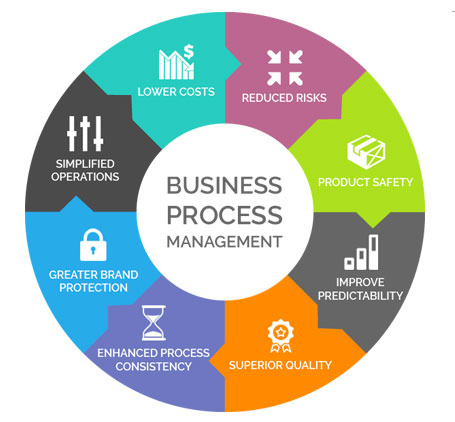Add Your Heading Text Here
As a small business owner, you know how important it is to promote your products or services to your target audience. While online marketing can be highly effective, it’s important not to overlook the power of offline marketing. In this blog post, we’ll explore some of the best ways for small businesses to market themselves offline.
As a small business owner, you know how important it is to promote your products or services to your target audience. While online marketing can be highly effective, it’s important not to overlook the power of offline marketing. In this blog post, we’ll explore some of the best ways for small businesses to market themselves offline.
Networking
Attending industry conferences, trade shows, and local events can be a great way to meet potential customers and connect with other business owners. Make sure to bring plenty of business cards and be prepared to talk about your business and what makes it unique.
Print Advertising
Print advertising can still be an effective way to reach potential customers. Consider placing ads in local newspapers, magazines, or print directories, such as phone books or Yellow Pages. Make sure to target publications that your target audience is likely to read.

Direct Mail
Direct mail campaigns can be a great way to get your message directly into the hands of potential customers. Send physical mailers, brochures, or flyers to people in your local area. Make sure to target your mailings to people who are likely to be interested in your product or service.
Signage
Creating eye-catching signage and displaying it in strategic locations, such as storefronts, on vehicles, or at events, can be an effective way to promote your business. Make sure your signage is clear, easy to read, and includes your business name and contact information.
Event Sponsorship
Sponsoring local events or charities that align with your business values and target audience can be a great way to build brand awareness and goodwill in your community. Make sure to choose events that are likely to attract your target audience.
Referral Programs
Encouraging your existing customers to refer friends and family to your business can be a powerful way to generate new business. Offer incentives or discounts to customers who refer new business to you.
Community Engagement
Participating in local events, such as charity fundraisers, parades, or festivals can be a great way to build brand awareness and connect with potential customers. Make sure to get involved in events that align with your business values.

Customer Service
Providing exceptional customer service can be one of the most effective marketing tools for small businesses. Make sure to go above and beyond for your customers, and incentivize them to leave reviews or provide referrals.
In conclusion, offline marketing can be a highly effective way for small businesses to promote their products or services. Experiment with different strategies to find what works best for your business and target audience, and don’t be afraid to get creative!
- In conclusion, offline marketing can be a highly effective way for small businesses to promote their products or services. Experiment with different strategies to find what works best for your business and target audience, and don’t be afraid to get creative!
Way using software in business
There are many ways in which software can be used in business to improve efficiency, productivity, and profitability. Here are some of the most common ways in which businesses use software:
Accounting and Financial Management: Businesses can use accounting and financial management software to automate financial processes, manage accounts payable and receivable, track expenses, generate financial reports, and streamline tax preparation.
Customer Relationship Management (CRM): CRM software allows businesses to manage customer interactions, track customer data, and improve customer retention. It can also help businesses to identify sales opportunities, manage leads, and track customer behavior.
Project Management: Project management software can help businesses to manage projects, assign tasks, set deadlines, and track progress. It can also help teams to collaborate on projects, share files, and communicate effectively.
Human Resources Management: HR management software can help businesses to manage employee data, track attendance and leave, automate payroll processes, and manage employee benefits. It can also help to streamline recruitment and onboarding processes.
Inventory Management: Inventory management software can help businesses to track inventory levels, manage stock, and optimize inventory ordering. It can also help businesses to forecast demand, track sales trends, and manage supply chain logistics.
Marketing and Sales: Businesses can use software for marketing and sales purposes, such as email marketing, social media marketing, lead generation, and sales forecasting. These tools can help businesses to increase brand awareness, generate leads, and close more sales.
Communication and Collaboration: Software tools such as email, instant messaging, and video conferencing can help businesses to communicate and collaborate more effectively. These tools can help teams to work together, share ideas, and solve problems in real-time.
In summary, businesses can use software in many ways to improve efficiency, productivity, and profitability. From accounting and financial management to customer relationship management, project management, human resources management, inventory management, marketing and sales, and communication and collaboration, there are many software tools available to help businesses streamline their processes and achieve their goals.

